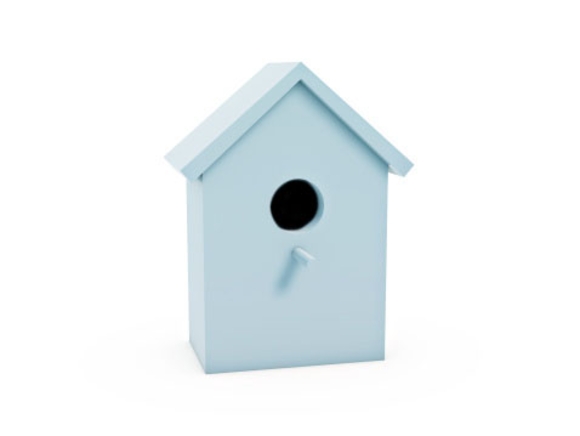
Extended Producer Responsibility in the textile sector
At the same time, studies indicate that many consumers agree that brands should share reliable information about the environmental impact of their products and are ready to change their purchasing patterns for more sustainable options, provided that brands adopt clear and reliable labels.
In the current global context, the need to introduce extended producer responsibility (EPR) schemes - under which producers will become responsible for the recycling and reuse of textiles they put onto the market – is becoming of central importance for regulators and for the future of the textile industry.
At the EU level some initiatives aimed at harmonising the rules on EPR schemes are already in place. With Directive (EU) 2018/851 amending Directive 2008/98/EC on waste, the EU commission set a series of requirements to improve the re-use and recycling of waste in the European Union, including an obligation to establish separate collection of textile waste by 1 January 2025. Moreover, the EU Commission is already working to set harmonised EU extended producer responsibility rules for textiles. Here you can find more information on the current status of the works of the Commission.
Despite the efforts of the EU Commission, the current approach to EPR varies from one country to the other at the EU and international level.
Our EPR tracker is aimed at helping you to navigate the different national laws and guidelines applicable in a selection of countries in Europe as well as in the Asia-Pacific region and in the UAE. You can obtain information by looking at the country reports below. The tracker, which will be updated regularly, also provides details of the team's key contacts in each country. For more information, feel free to get in touch with them.
[1] Source: EU Committee on the Environment, Public Health and Food Safety’s Report on an EU Strategy for Sustainable and Circular Textiles.
Key
| Status | |
|---|---|
| Adopted | |
| In Progress | |
| No legislative proposal yet | |






